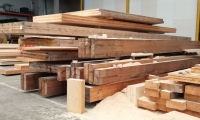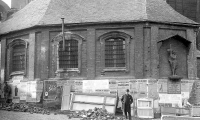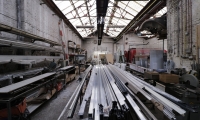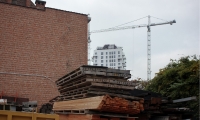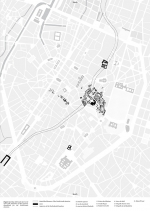Despite many efforts, the salvage of building materials from demolition works still remains a niche activity today. However, the salvage and reuse of materials was common practice until far into the twentieth century. Therefore, this research aims to comprehend the preconditions of a flourishing circular building industry, in order to reveal opportunities and possibilities for the salvage of materials during present-day demolitions.
The Brussels’ circular building sector between 1865 and 2025 is studied to fulfil three research objectives: 1) uncover the parameters that influence circular building, 2) determine the link between these parameters and position them within larger socio-economic, political, technological and cultural trends, and 3) identify their impact on current practices. These parameters will be studied by means of case studies of ‘good practices’ that connect the various phases in the circular industry, from construction over demolition to reuse. They will be interwoven into an abstract system, that will finally be tested on contemporary demolition cases. In this way, the research offers, for the first time, a comprehensive study that covers circular practices from the nineteenth century to today, in order to identify the most effective ways to intervene in the contemporary context. As a result, the research offers a fresh perspective on one of the major challenges in the building sector.
This PhD-fellowship (2022-2026) is funded by Research Foundation - Flanders (FWO).


